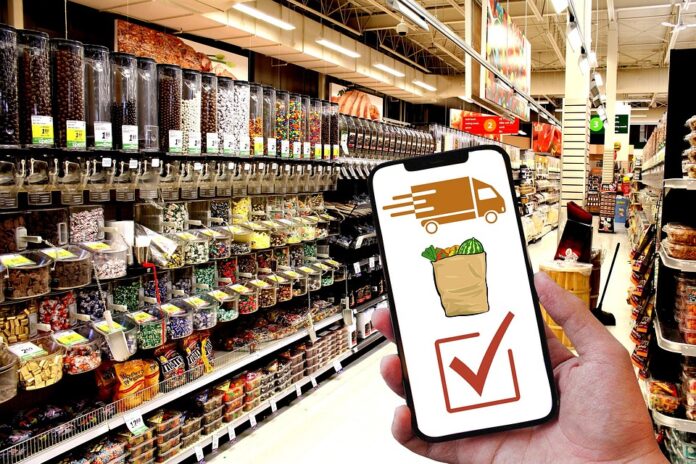Introduction
Automation has revolutionized various industries, including the food and beverage sector, by streamlining processes and increasing efficiency. One particular area where automation has made a significant impact is in the fast packing of mixed food and beverage orders. This report explores how automation enables fast packing of mixed food and beverage orders, the companies leading the way in this field, and the financial implications of implementing such technology.
Benefits of Automation in Packing Mixed Orders
Increased Speed and Efficiency
One of the primary benefits of automation in packing mixed food and beverage orders is the increased speed and efficiency it provides. Automated systems can quickly sort and pack various items into a single order, reducing the time it takes to fulfill customer requests. This not only improves customer satisfaction but also allows businesses to process a higher volume of orders in a shorter amount of time.
Reduced Error Rates
Automation also helps reduce error rates in packing mixed orders. Human error is inevitable in manual packing processes, leading to mistakes such as missing items or incorrect quantities. Automated systems are programmed to accurately pack orders according to specific requirements, minimizing the risk of errors and ensuring that customers receive their orders correctly.
Optimized Inventory Management
Another benefit of automation in packing mixed orders is the optimization of inventory management. Automated systems can track inventory levels in real-time and adjust packing processes accordingly. This helps businesses avoid overstocking or stockouts, ensuring that they can fulfill orders efficiently and minimize waste.
Companies Leading the Way in Automation
Amazon
Amazon is one of the companies leading the way in automation for packing mixed food and beverage orders. The e-commerce giant has invested heavily in robotics and artificial intelligence to improve its packing processes. Amazon’s fulfillment centers are equipped with automated systems that can quickly sort and pack items for mixed orders, allowing the company to fulfill customer requests at a rapid pace.
Ocado
Ocado, a British online grocery retailer, is another company at the forefront of automation in packing mixed orders. The company has developed its own robotic systems that can pack orders with speed and precision. Ocado’s automated warehouses are designed to efficiently handle a wide range of food and beverage products, making it a leader in the industry.
Kroger
Kroger, one of the largest supermarket chains in the United States, has also embraced automation in packing mixed orders. The company has implemented automated systems in its distribution centers to streamline order fulfillment processes. By leveraging technology, Kroger can pack orders quickly and accurately, meeting the demands of its customers effectively.
Financial Implications of Automation
Cost Savings
While the initial investment in automation technology can be significant, the long-term financial implications are generally positive. Automation helps businesses save costs by reducing labor expenses, minimizing errors, and optimizing inventory management. In the long run, companies that invest in automation for packing mixed orders can achieve significant cost savings and improve their bottom line.
Increased Revenue
Automation can also lead to increased revenue for businesses in the food and beverage industry. By speeding up order fulfillment processes, businesses can serve more customers and process a higher volume of orders. This can result in higher sales and revenue, ultimately driving business growth and profitability.
Competitive Advantage
Companies that leverage automation for packing mixed orders gain a competitive advantage in the market. By offering faster and more efficient order fulfillment, businesses can attract more customers and retain existing ones. This can help businesses differentiate themselves from competitors and maintain a strong position in the industry.
Conclusion
Automation enables fast packing of mixed food and beverage orders, providing numerous benefits for businesses in the industry. By increasing speed and efficiency, reducing error rates, and optimizing inventory management, automation helps businesses improve their operations and serve customers more effectively. Companies like Amazon, Ocado, and Kroger are leading the way in automation for packing mixed orders, demonstrating the financial benefits and competitive advantages that automation can bring. As technology continues to advance, automation will play an increasingly important role in the food and beverage sector, driving innovation and growth in the industry.




